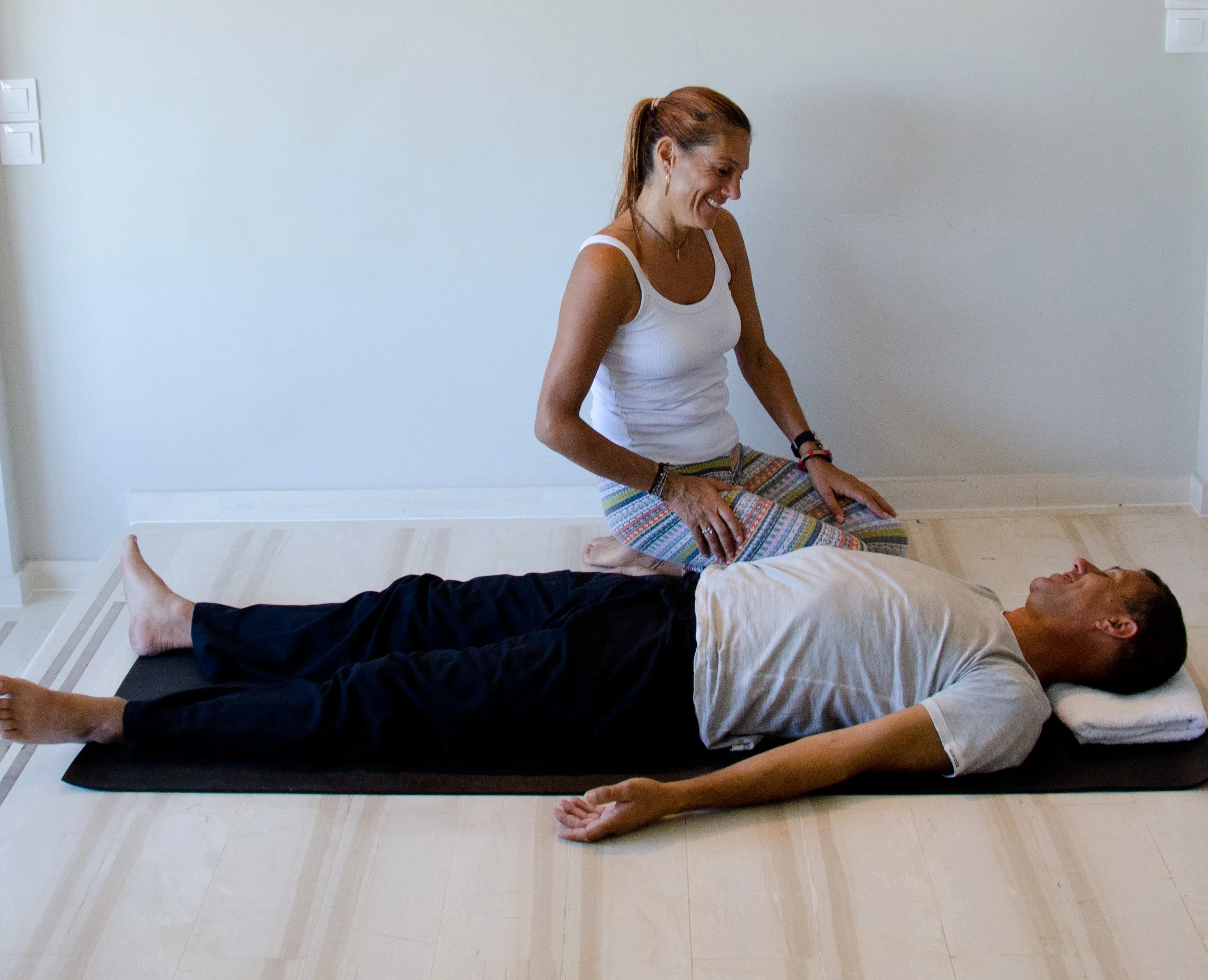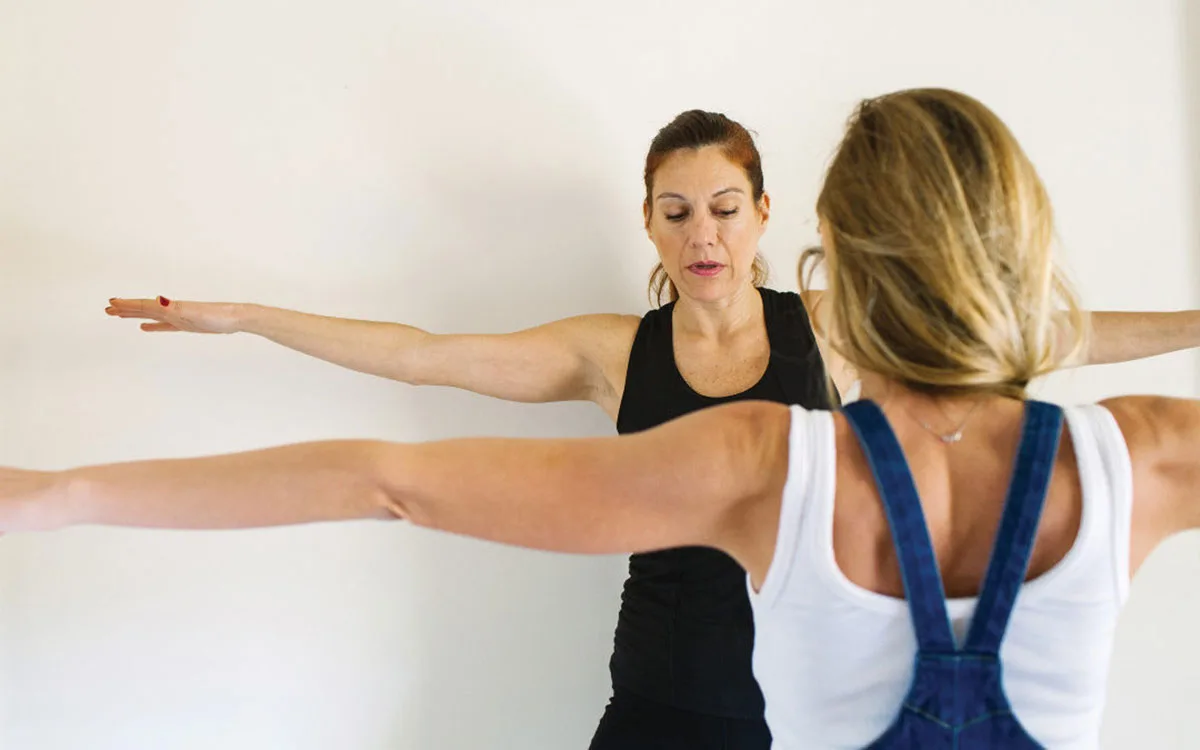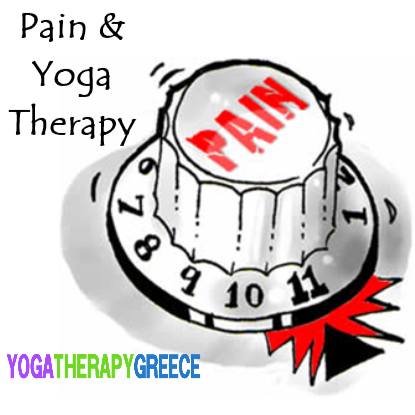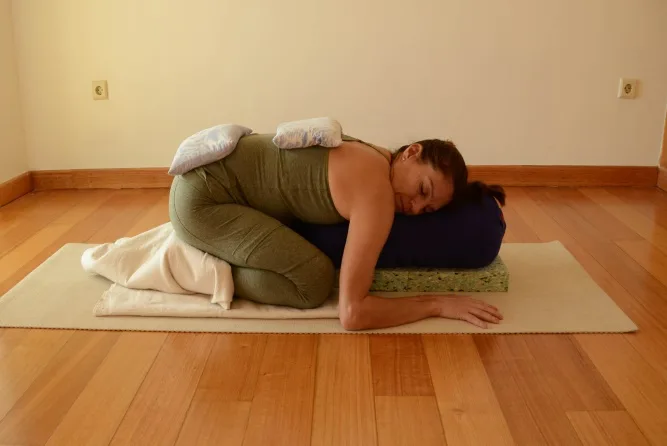Neurogenesis and Yoga Therapy
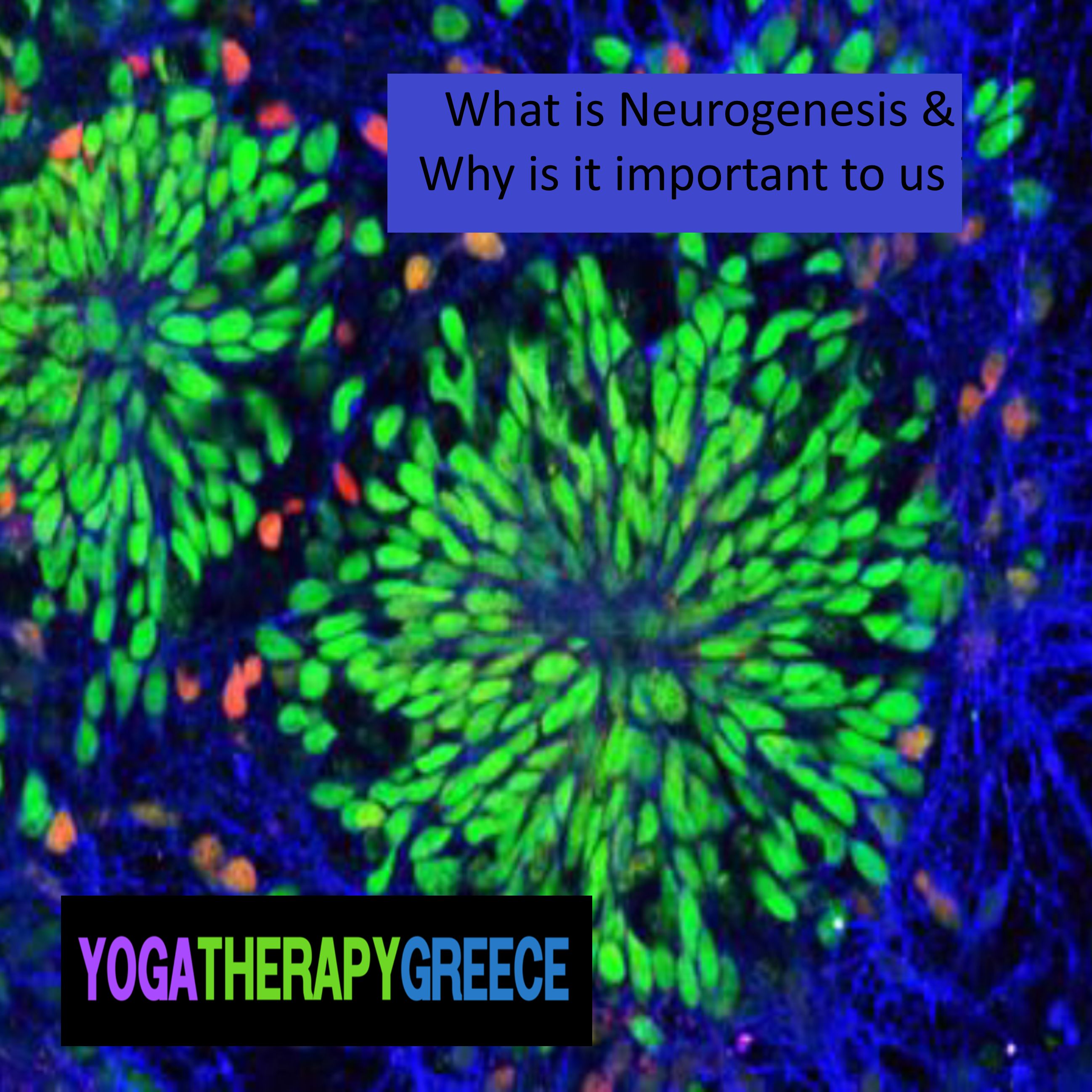
Why we need it – how we enhance it and Yoga Therapy
Neurogenesis, the formation of new neurons throughout life is a very distinct example of human brain plasticity and maintenance of the central nervous system (Poulose et al., 2017). It takes place in a few brain regions such as the hippocampus (Erickson et al., 1998). The hippocampus is located in the hindbrain and is part of the limbic system (responsible for our emotions) showing structural and functional synaptic activity with other cortical regions such as the amygdala and prefrontal cortex (McEwen et al., 2016).
Since the hippocampus plays a crucial role in formation of spatial and declarative memory as well as in mood, emotional regulation (Miller & Hen, 2015) and in cognition (Aimone et al., 2014) and emotional regulation are major aspects of wellbeing affected in mental health conditions, there has been significant focus on Neurogenesis in adult life.
Although there is a 4-fold decline in hippocampal neurons as people age, the decline is extremely low due to continuous neurogenesis. The continuous generation of newly born neurons having increased synaptic plasticity, seem to effectively separate similar memories and facilitate new memories formation throughout life, while the old neurons seem to be crucial for the completion of similar memories and the consolidation of old memories. The functional significance of continuous Hippocampus Neurogenesis (HN) is that new cognition is possible throughout life even with people in their 90s, despite HN decline due to aging (Spalding et al.,2013).
Young neurons, having increased plasticity compared to the old ones, help us to learn and in fact as long as their maturation (6-8 weeks) is considered the necessary time to learn a new skill or to change a habit.
The lack of Neurogenesis
A reduced Neurogenesis was found in patients not only with depression but also with epilepsy, Alzheimer’s disease (AD) and Parkinson Disease where there is cognitive decline and mood dysregulation (Moreno-Jimenez et al., 2019, Tobin et al., 2019). The lack of HN results in a diminished ability to differentiate and may lead to generalizations and increased anxiety and depression in humans.
Neurogenesis and hippocampus dependent functions such as memory and mood are decreased by sleep deprivation and more specifically by sleep disturbances due to unstable circadian rhythms and dysregulated hypothalamus-pituitary-adrenal (HPA) axis (Navarro-Sanchis et al., 2017). Also, chronic stress decreases neurogenesis, as well as cancer treatments explaining the brain fog even for 2 years after the chemotherapies (Surget & Belzung, 2022).
Factors that modulate Neurogenesis
Both hippocampal neurogenesis and cognitive deficits and mood disorders, even in neurological or mental conditions, can be at least partially be modulated by diet, sleep, physical activity and learning (Toda et al., 2019).
Both Hippocampal Neurogenesis and cognitive decline can be at least partly reversed by factors such as enriched environment and physical activity (Kempermann et al., 2015, Lopez-Otin et al., 2016, Toda et al., 2019). An anti-inflammatory and antioxidant diet may also modulate HN and as a result decrease the cognitive decline and enhance mental health (Poulose et al., 2017).
Also, learning something new is not only related with increased levels of hippocampal neurogenesis but also with the higher activation of the prefrontal cortex, that part of the brain that is responsible for the rational thinking and hypofunctions in addictions and other mental health conditions.
The same guidelines are proposed by the World Health Organization (WHO) and the National Health Service (NHS) for mental health and balance.
So, what increases neurogenesis?
Learning something new
Physical Activity
Social interaction
Limiting calorie intake
Diet with flavonoids contained in cocoa and fruits with dark skins like blueberry &
Omega-3 fatty acid contained in oily fish like salmon.
And what decreases neurogenesis?
Sleep deprivation
Chronic Stress
Getting older
Diet rich in saturated fat.
Yoga and Neurogenesis
Yoga may have a very positive effect on Neurogenesis since it is not only a body and mind physical activity that promotes mindfulness but also has anti-inflammatory effects (Djalilova et al., 2019) as seen in many robust research articles, probably by balancing the nervous system and activating the parasympathetic system and more specifically the vagal nerve those dysfunction is highly related with Autoimmune conditions and Mental Health conditions (Porges, 2009, Bellocchi et al., 2022).
Based on research in Neuroscience, Physiotherapy and Therapeutic Yoga, 8 weeks is the necessary time to see changes in the physiology of the body, in our mood and in the increase of attention. This probably explains that a minimum of 8 weeks is the necessary time for a behavioural change.
This is why at least 8 weeks of practice are recommended in most research protocols and this is the time period we suggest for incorporating a physical activity that affect the body and mind such as Yoga and Tai Chi
We can maintain our memory and our mental balance, through simple daily choices. So what are your choices for today?
Porges S. W. (2009). The polyvagal theory: new insights into adaptive reactions of the autonomic nervous system. Cleveland Clinic journal of medicine, 76 Suppl 2(Suppl 2), S86–S90. https://doi.org/10.3949/ccjm.76.s2.17





